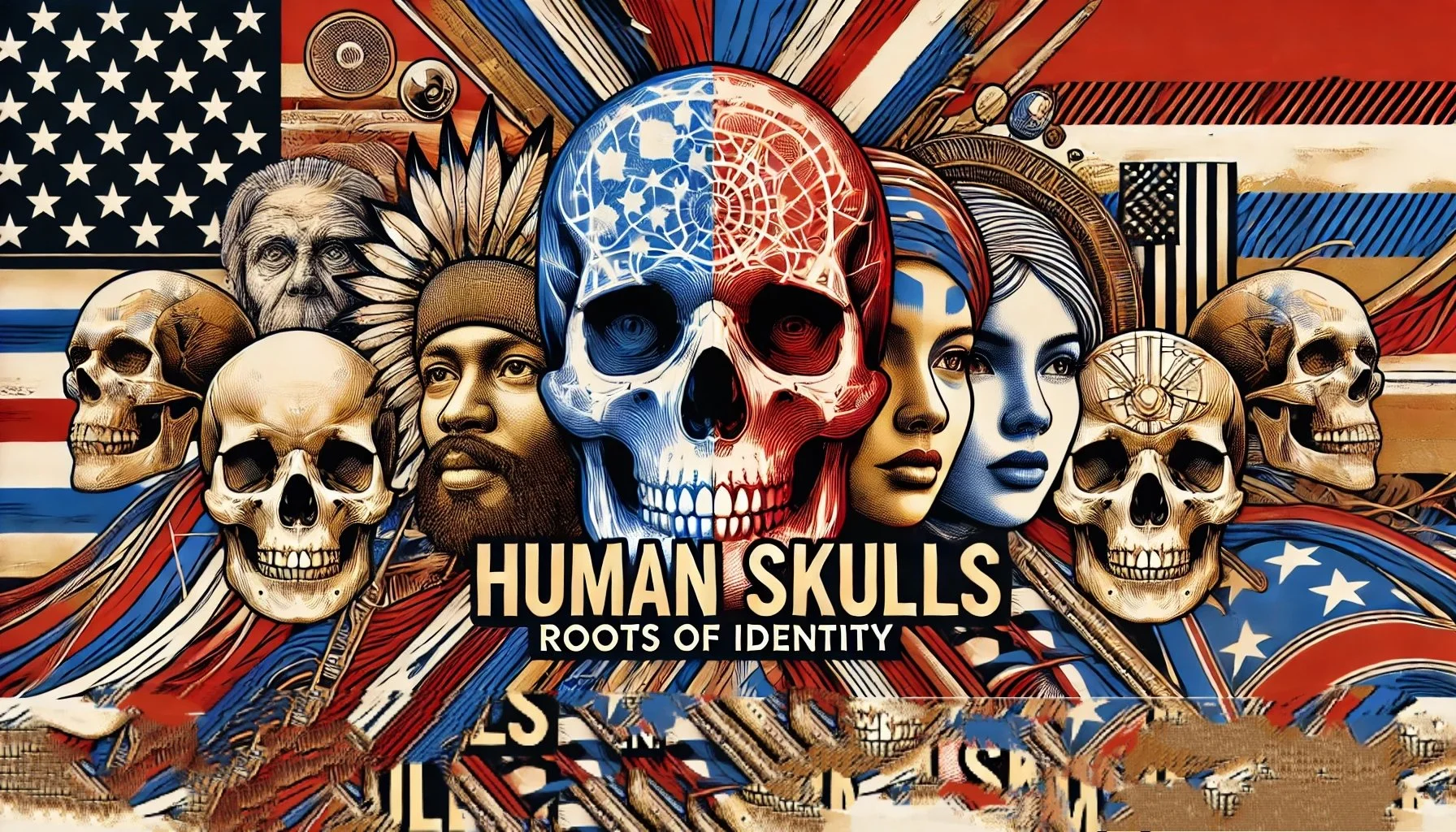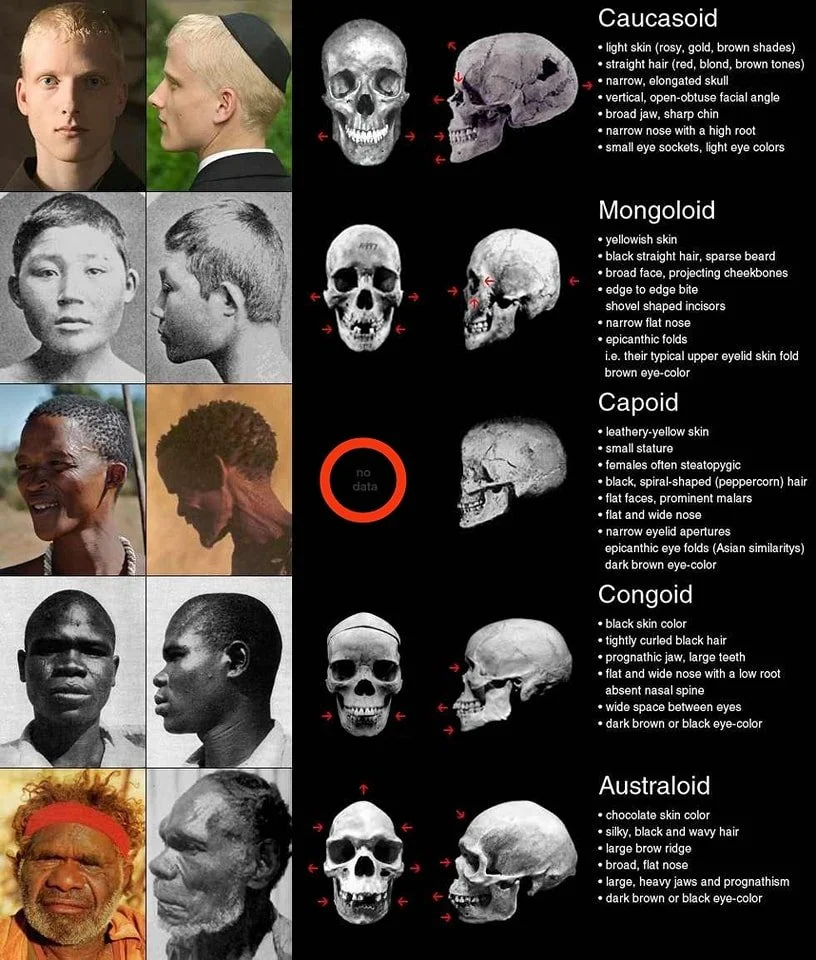The diversity of human skull morphology has long served as a foundation for understanding the origins and evolution of populations across the globe. Far from being an outdated concept, the study of skull features continues to offer insights into the genetic, cultural, and national roots of distinct groups. In a world striving for global uniformity, celebrating the unique physical traits of a nation’s people reinforces pride in one’s heritage and history.
---
The Evolution of Skull Morphology in National Contexts
Skull morphology is not random—it is shaped by environmental pressures, migratory patterns, and cultural evolution over millennia. These variations can be tied to distinct groups that shaped the history of modern nations:
European (Caucasoid) populations evolved distinct cranial traits, such as narrow nasal passages and elongated skulls, as adaptations to colder climates. These features became hallmarks of civilizations that pioneered philosophy, art, and science.
Asian (Mongoloid) skulls, with their flatter profiles and robust cheekbones, are testaments to resilience in harsh climates and the technological ingenuity of their societies.
African and Australoid populations, with broad nasal passages and robust jawlines, display the adaptability of ancient peoples to tropical environments, which required efficient heat regulation and resource utilization.
These traits reflect not only biological adaptations but also the cultural and intellectual contributions that these groups made to the world.
---
National Identity Through the Lens of Science
Nations have always valued their unique physical and cultural traits. The study of skull morphology, when rooted in scientific integrity, can affirm these identities. European nations, for instance, have a deep interest in anthropological studies that tie their people to ancient civilizations like the Greeks, Romans, and Vikings. Similarly, Asian nations take pride in their lineage stretching back to the great dynasties that shaped world history.
These scientific endeavors are not about division but rather about understanding and preserving the distinctiveness of each nation in a globalized world. By recognizing the physical traits unique to their populations, nations can foster pride in their citizens' ancestry and historical achievements.
---
The Problem With Modern Criticism
Critics of skull morphology studies often dismiss them as relics of the past, but such dismissals are frequently driven by ideological bias rather than scientific evidence. It is undeniable that physical differences exist between populations, and acknowledging these differences does not diminish our shared humanity. Instead, it allows nations to celebrate their heritage, free from the pressure to conform to a homogenized worldview.
The modern push to disregard these studies often stems from a desire to erase the distinctiveness of nations in favor of global uniformity. However, true nationalism is rooted in the acknowledgment of both the unity and diversity of human populations.
---
Scientific Realism as a Foundation for Nationalism
Nationalism based on scientific realism is not about exclusion; it is about pride in one’s people and their contributions to human history. By studying skull morphology and other physical traits, nations can better understand their roots and celebrate the resilience and ingenuity of their ancestors.
Rejecting the oversimplified narratives of modern critics, this perspective embraces the idea that differences among populations are natural and valuable. These differences are not barriers but symbols of the unique paths that various groups have taken through history.
---
Conclusion
The study of skull morphology remains a vital field for understanding human diversity, evolution, and national heritage. While some dismiss these studies as outdated, they hold immense value for nations seeking to preserve their identity and pride. By embracing scientific realism, nations can strengthen their cultural roots and celebrate their people’s unique contributions to the story of humanity.
True nationalism is grounded in truth and scientific evidence, fostering unity while honoring the diversity that makes each nation distinct.








